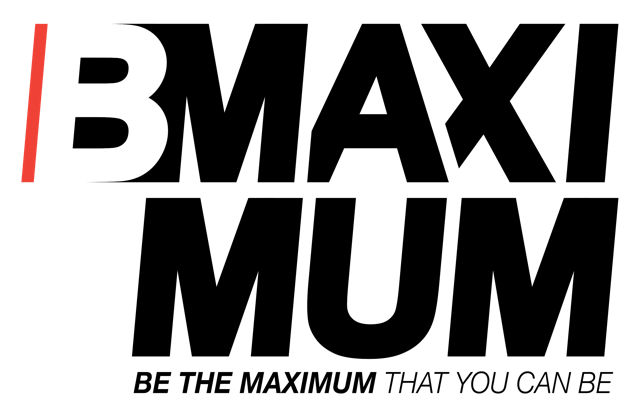Building muscle isn’t just about lifting weights—it’s also about getting your nutrition right. One of the biggest questions people ask us is: “When should I take protein to maximize muscle gains?” The short answer: timing matters less than total daily protein intake. But, there are times when protein timing can help. Below I break down what the science says + how to use it for your advantage.
What the Research Shows
-
Total Daily Protein Is King
What matters most is how much protein you eat across the entire day. Studies consistently show that as long as you get enough protein, the exact timing is less critical. EatingWell -
Protein Amount Recommendations
For active individuals or those doing strength training, the guideline is about 1.4 to 2.0 grams of protein per kilogram of body weight per day (that’s around 0.64–0.90 g per lb). EatingWell
If you weigh 68 kg (≈150 lb), that’s roughly 95 to 136 grams of protein daily. EatingWell -
Quality of Protein Matters
-
Animal-based proteins tend to have more of the essential amino acids (and higher amounts of leucine), which are important triggers for muscle protein synthesis. EatingWell
-
Plant proteins can work too, if you mix sources so you get all essential amino acids. EatingWell
-
-
Pre- and Post-Workout Protein
-
There may be some benefit to having protein around workout times—for example, consuming some before or after training helps with recovery, muscle repair, and growth. EatingWell
-
But again: the benefit is relatively modest if your overall protein intake is already sufficient. EatingWell
-
-
Other Helpful Times
-
Before bed: There is some evidence that having protein before sleep supports recovery overnight. EatingWell
-
Distributing protein across meals: If you space out your protein fairly evenly, you might feel more satisfied, maintain muscle protein synthesis more steadily. EatingWell
-
Practical Tips: How to Use Protein Timing Smartly
Because timing matters a little, here’s how to make it work for you (if your goal is maximum muscle growth):
-
Plan your protein throughout the day
Try to get protein at each meal—breakfast, lunch, dinner—and include a good protein-rich snack if needed. -
Have something pre/post-workout
If possible, eat protein within a few hours before or after your workout. Doesn’t have to be huge—20-30 g of a high-quality protein works well. -
Use a bedtime protein (if convenient)
A light protein snack before bed (e.g. casein, dairy, or other slow-digestion protein) can help with overnight recovery. -
Don’t stress overly about precise timing windows
If your schedule is tight or you can’t eat immediately after training, it’s OK. What matters more is your total daily intake.
What to Watch Out For / Caveats
-
Individual differences: Age, metabolism, digestive tolerance, type of training, body composition goals all affect how someone responds.
-
Digestive comfort: Some people can’t comfortably eat a lot of protein right before training or right before bed. Choose what your body tolerates.
-
Quality over quantity: Even if you have enough grams, if the protein source is low-quality (missing key amino acids), you may not get optimal results.
-
Overdoing calories: Protein adds calories. If your goal is lean muscle gain, excessive calorie intake (even from protein) may lead to unwanted fat gain.
Bottom Line
If you want the fastest, most sustainable muscle growth: focus on:
-
Hitting your total protein goals for the day
-
Using high-quality protein sources
-
Spreading protein somewhat evenly across meals
-
Including protein around your workout and before sleep if practical
Protein timing is a helpful “fine-tuner,” but it won’t replace the fundamentals: consistent strength training + sufficient daily protein. Looking for a healthy protein supplement to help you reach your daily protein needs?







